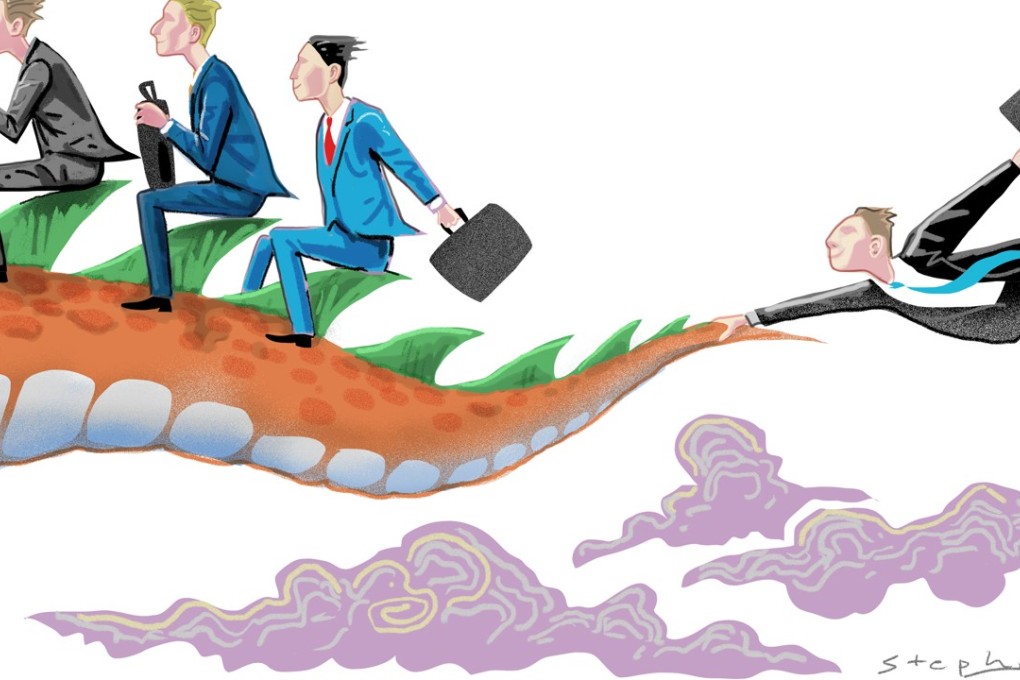Advertisement
Why China is too important a market for foreign companies to exit, especially as Chinese innovation takes off
- Edward Tse says multinational companies are realising that they cannot ignore Chinese innovation and must embrace China-specific strategies
- As China’s auto industry opens up, for example, new forms of partnerships among foreign, local, state-owned and private companies are being formed
Reading Time:4 minutes
Why you can trust SCMP

Chinese President Xi Jinping met a group of entrepreneurs on November 1 and underscored the government’s support for the private sector. Soon after, Guo Shuqing, chairman of the China Banking Regulatory Commission, pledged that at least 50 per cent of new corporate loans by China’s banks would be provided to the private sector.
Advertisement
These moves reaffirmed Xi’s earlier position that both the state-owned and private sector are critical to China. In fact, a “three-layered duality” working model has emerged and is providing resilience for China’s economic development. At the top, the central government sets the overall development priorities. At the grass-roots level, private-sector entrepreneurs have become a major driving force behind the economy. Sandwiched in the middle, local governments, in response to the central government’s direction and strategy, collaborate and compete in regional clusters, often by teaming up with entrepreneurs.
Another major initiative by Xi was highlighted in his speech at the opening ceremony of the China International Import Expo in Shanghai, on November 5. He emphasised China’s commitment to opening up and reform, inviting more foreign participation in the country’s growing market. He further endorsed multilateralism on global trade and finance, forging a win-win platform so countries can together create greater prosperity for the world.
Over its 40 years of reform, China has been gradually opening up, sector by sector, to non-state and in particular, foreign companies. Many sectors are already open to foreign participation, including consumer goods, retail, automotive parts and appliances.
Advertisement
Beijing recently set a timeline to phase out the ownership cap on the automotive industry. It has also committed to liberalisation in other sectors such as financial services, agriculture, aircraft and ship manufacturing. Clearly, liberalisation of market access will be carried out against a set of constraints defined by the Chinese government. Key industries touching on “national security” – military, defence, mission-critical public utility, data and cybersecurity – will continue to be subject to investment restrictions.

Advertisement
